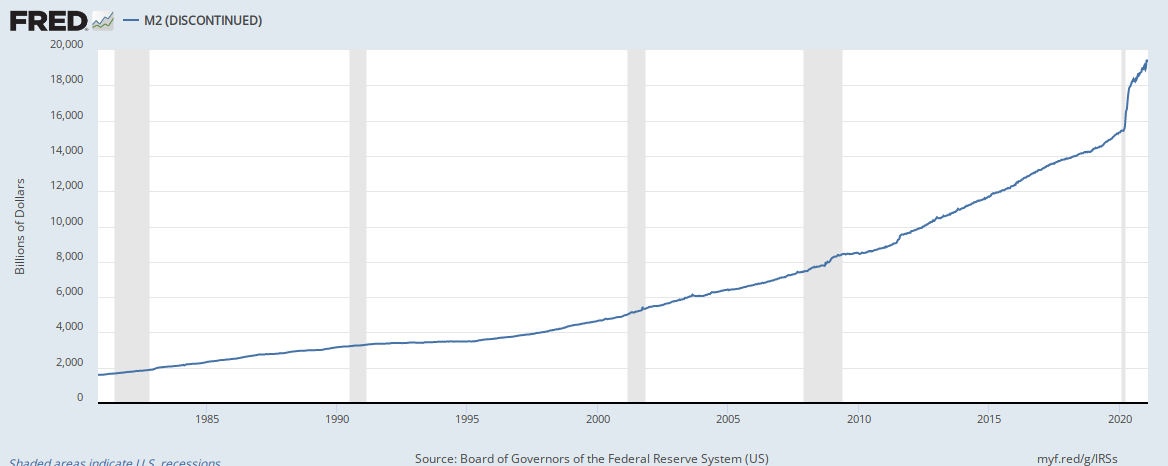imawhosure
Platinum Member
- Apr 25, 2015
- 9,235
- 2,825
- 360
Oh, and by the way, if you really believe we are heading for a recession; and hey, you might be correct...………….why would we want to allow illegals in here to take jobs we won't have? It makes no logical sense, does it?
Even in recession times, white people still don't want to do those jobs...
Look, I realize you need to hate brown folks to give your life meaning, but this is a separate problem to the damage Trump has done to the world economy.
Sigh, another Leftist who needs to play the race card.
Little does this Leftist know, my heritage is Mexican, lol!



